Drug trafficking – especially as it pertains to Mexico – has been a main fixture in today’s news for some time now. But UT graduate student Edward F. Shore argues that the violence, disorder, and political, social, and economic instability associated with the drug trade has a long history, and one that has had international repercussions. Shore’s website “Narco-Modernities” shows that while drug-related episodes may take place in specific countries or regions, the people, governments, economies, and societies they have affected and continue to affect span the globe. Through book reviews, primary sources, maps, secondary historical literature and the author’s own original commentary, “Narco-Modernities” discusses current events while also engaging historical debates surrounding globalization, immigration, crime, gangs, prisons, the “War on Drugs,” the Cold War, and present-day U.S.-Latin American relations.
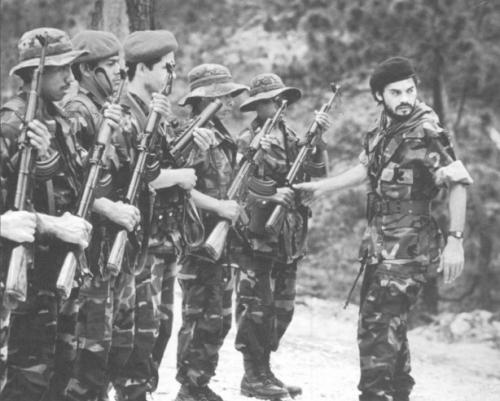
Nicaraguan Contras
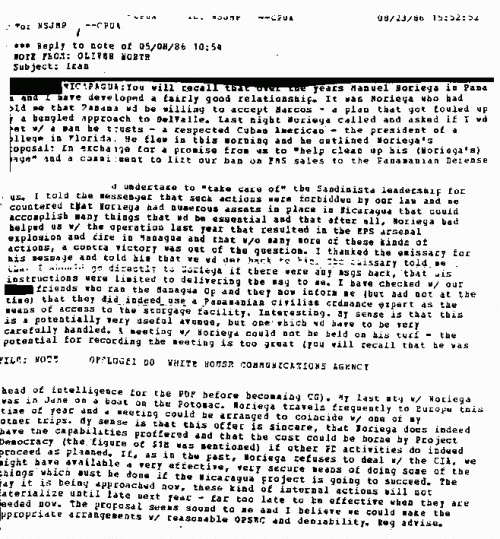
An August 23, 1986 e-mail message from Oliver North to Ronald Reagan and National Security Advisor John Poindexter. In it, North describes his meeting with Panamanian Leader Manuel Noriega’s representative. “You will recall that over the years Manuel Noriega in Panama and I have developed a fairly good relationship,” North writes before explaining Noriega’s proposal. He notes that if U.S. officials can “help clean up his image” and lift the ban on arms sales to the Panamanian Defense Force, Noriega will “‘take care of’ the Sandinista leadership for us.”
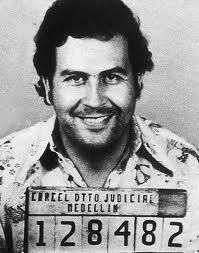
“Godfather of Cocaine” Pablo Escobar’s mug shot
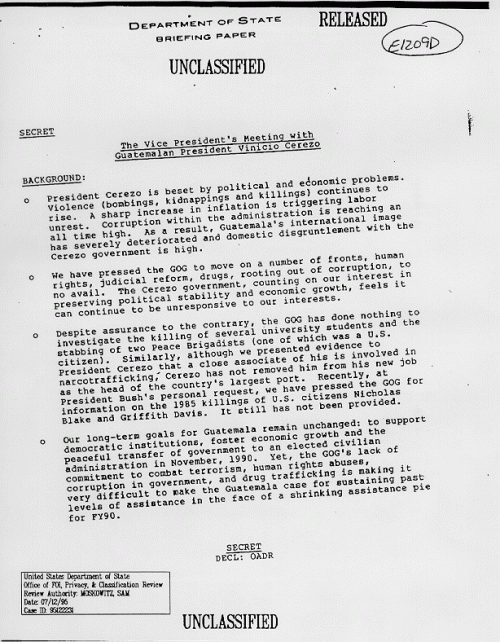
A recently declassified Department of State briefing paper from Inter-American Affairs. It showcases Washington’s frustration with the Guatemalan government’s failure to investigate the a surge of violence, assassinations, and an attack on an American citizen in that country. The United States was particularly concerned about the Guatemalan government upholding human rights, implementing judicial reform, and monitoring drug trafficking but felt that “it can continue to be unresponsive to [its] interests.”
University of Texas at Austin – Department of History
(Professor: Jeremi Suri)
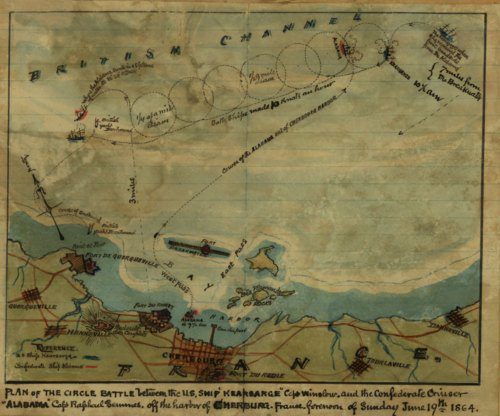
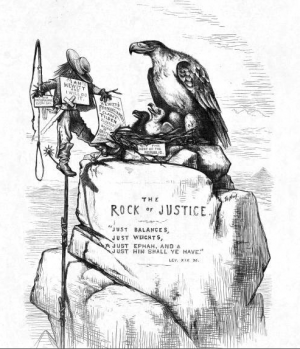
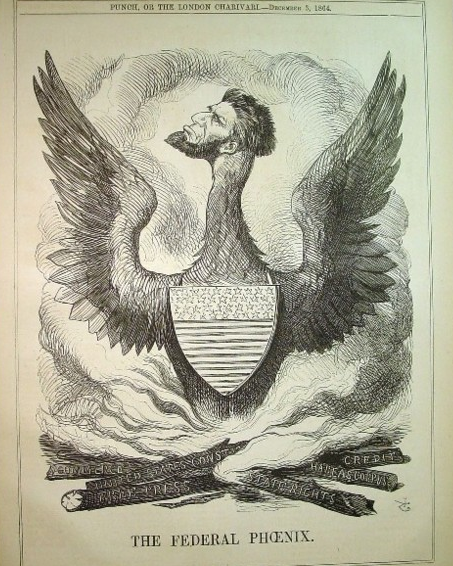
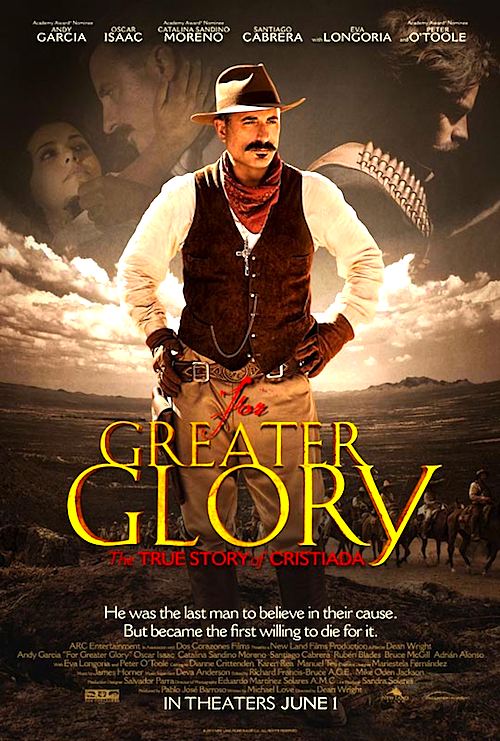
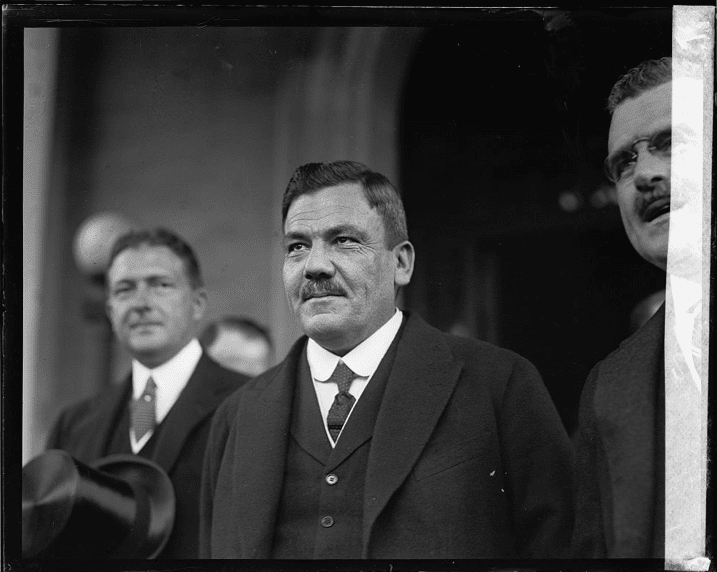
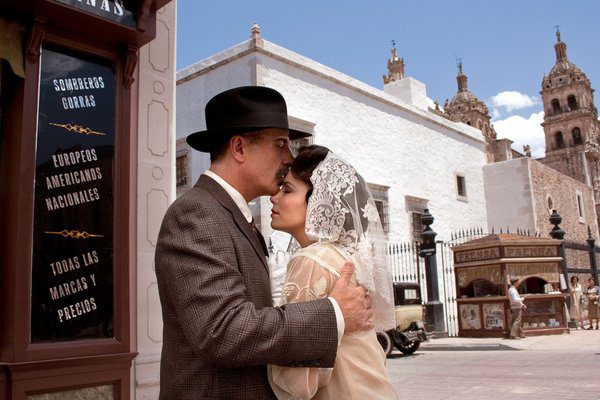
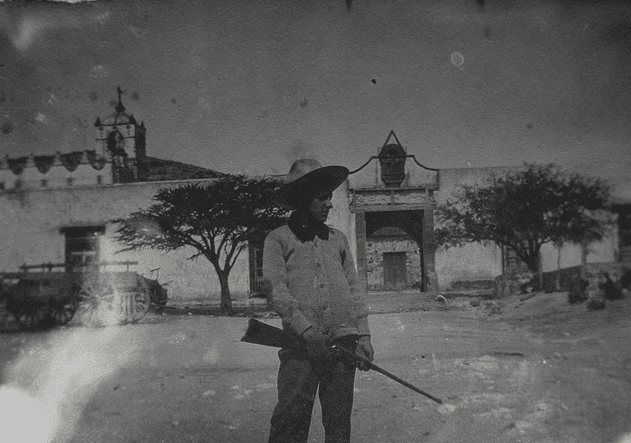
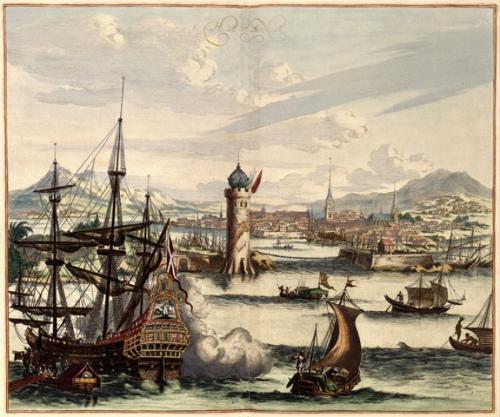
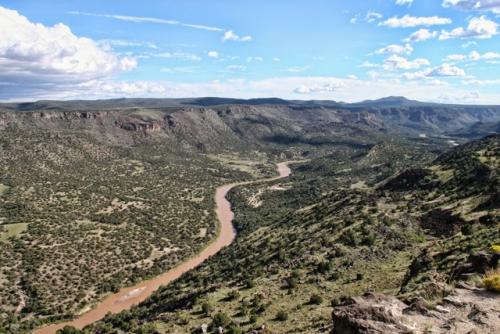
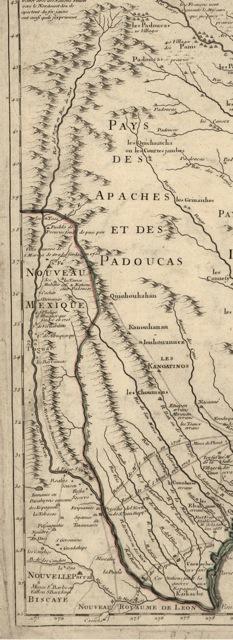
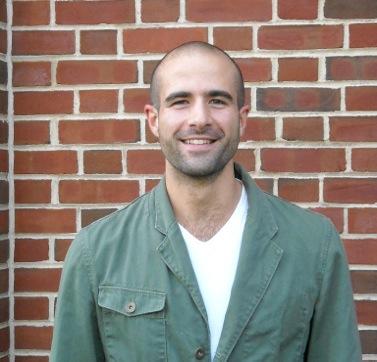
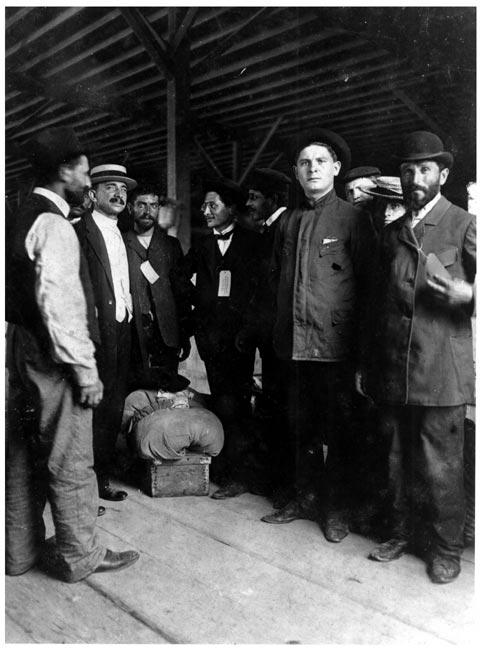
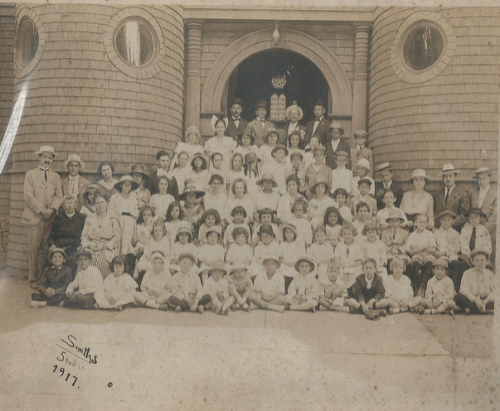
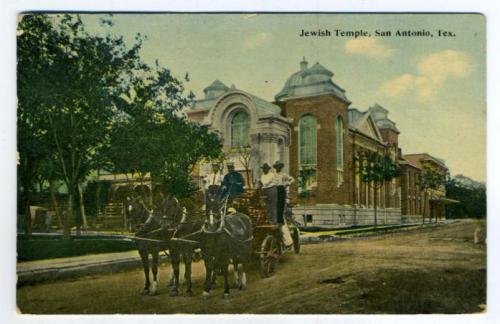
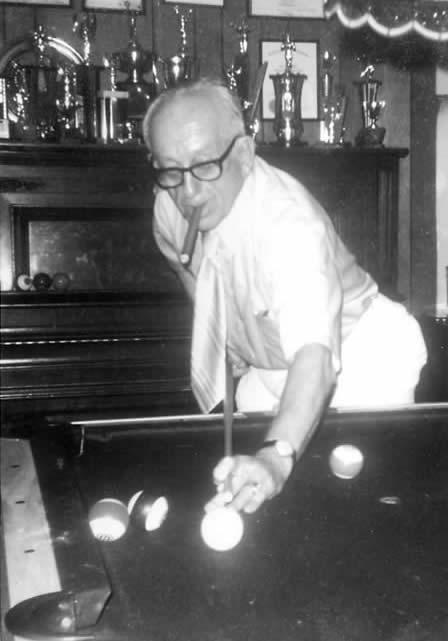

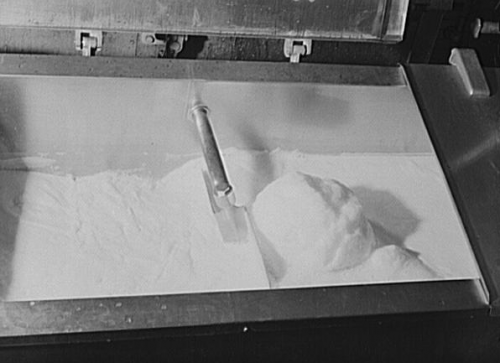
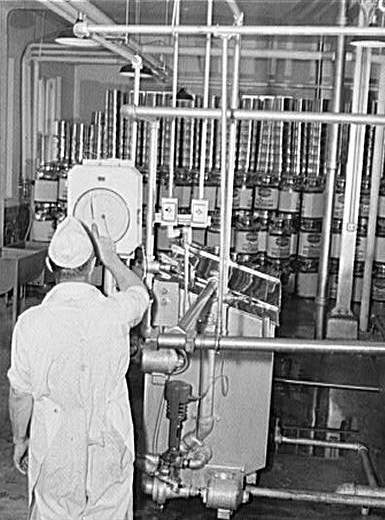
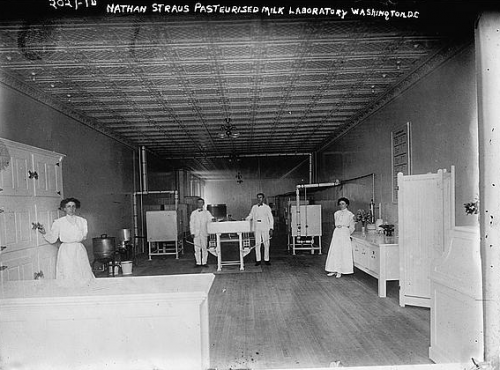
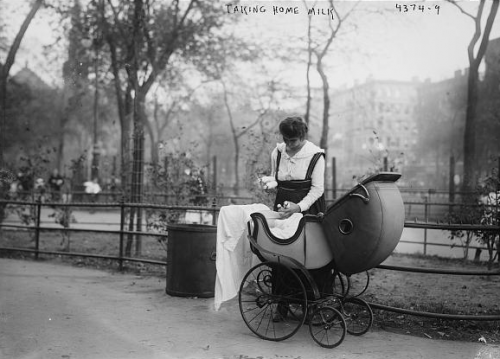
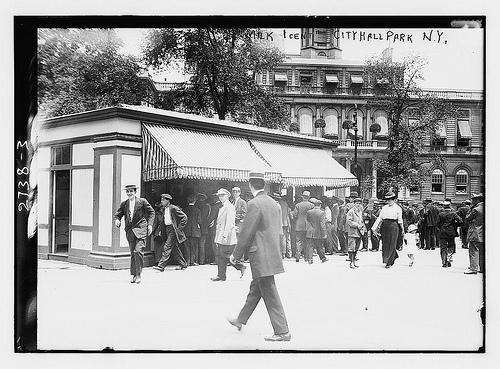
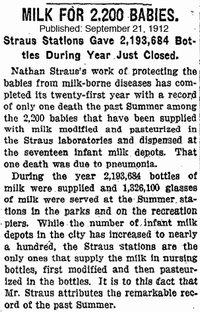
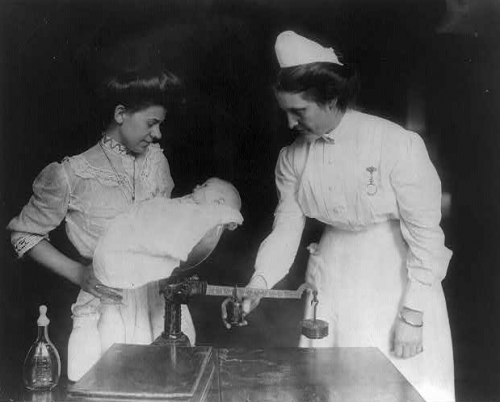
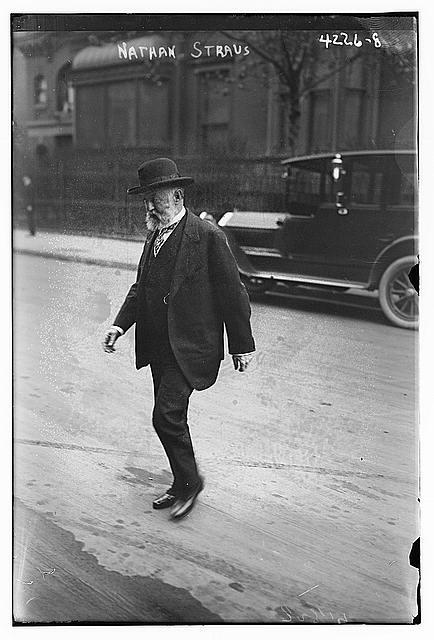
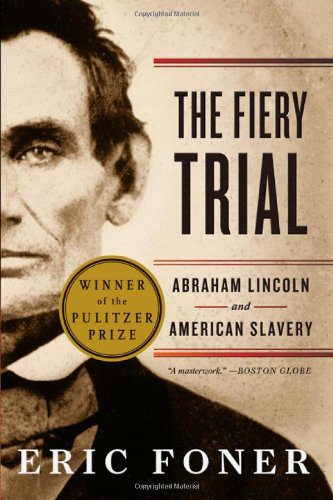



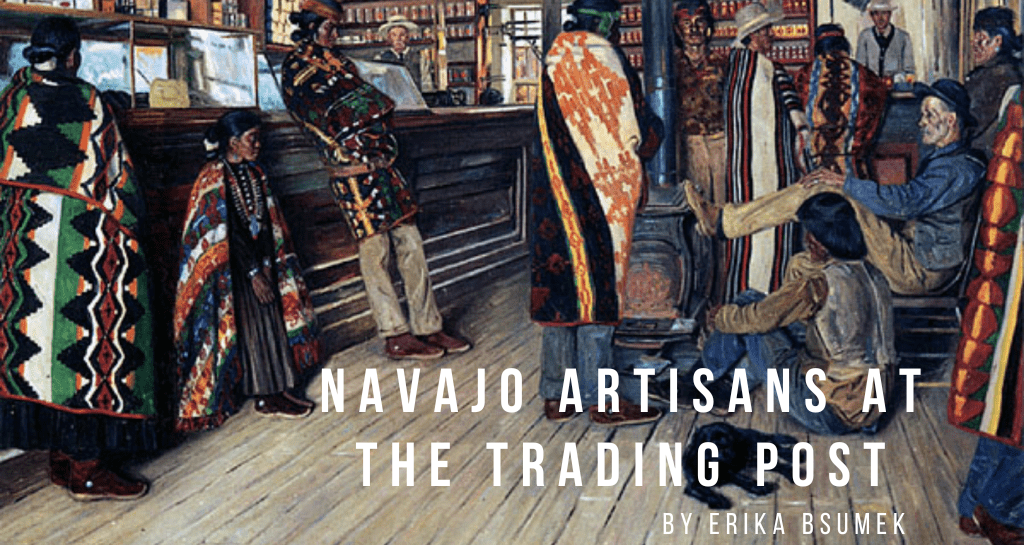
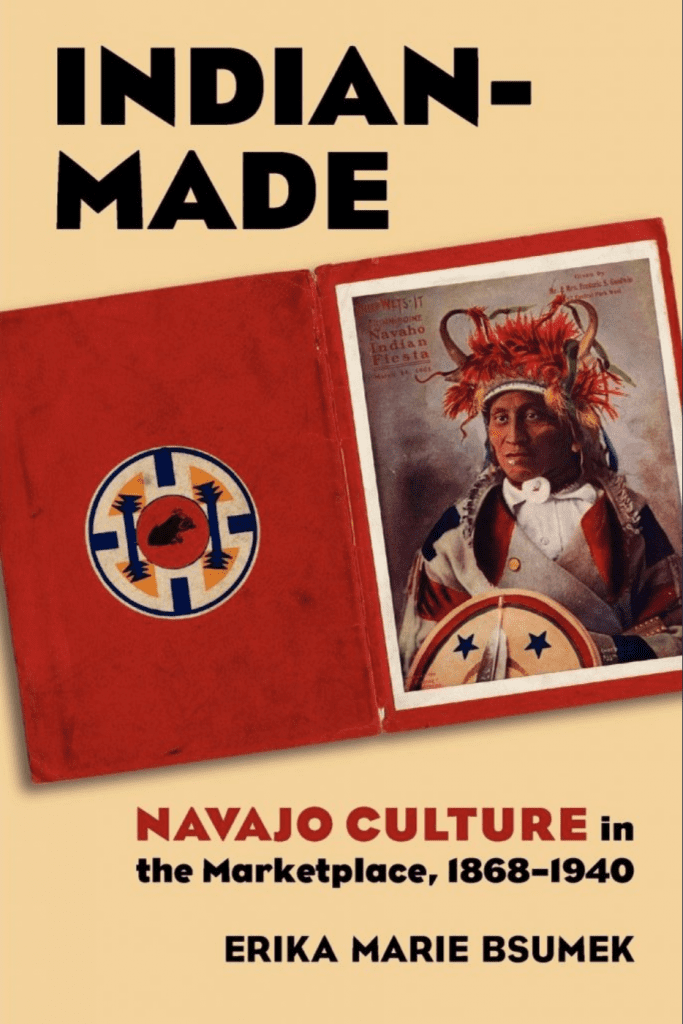
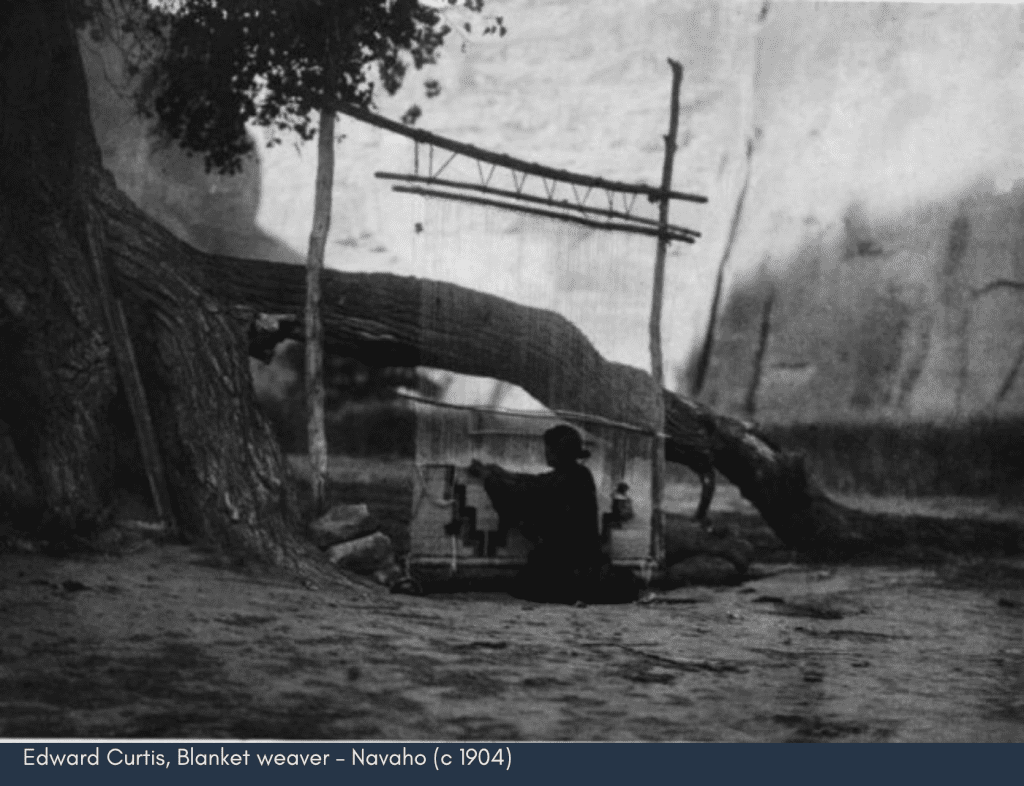
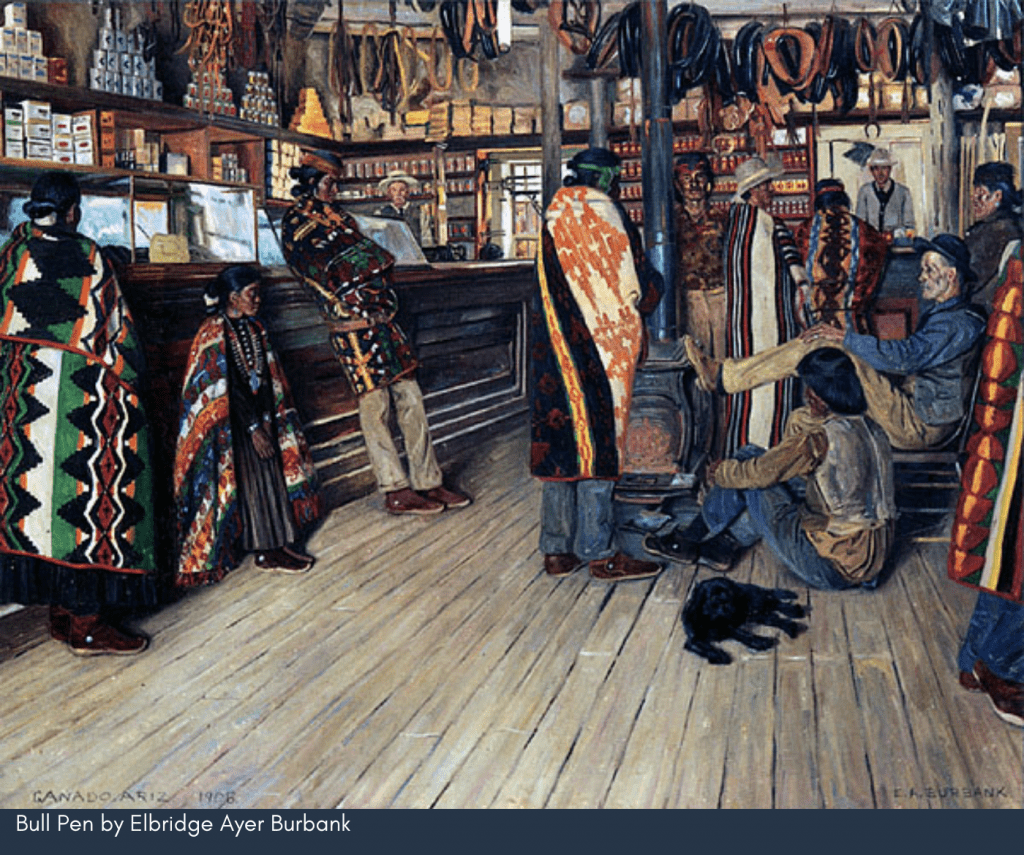
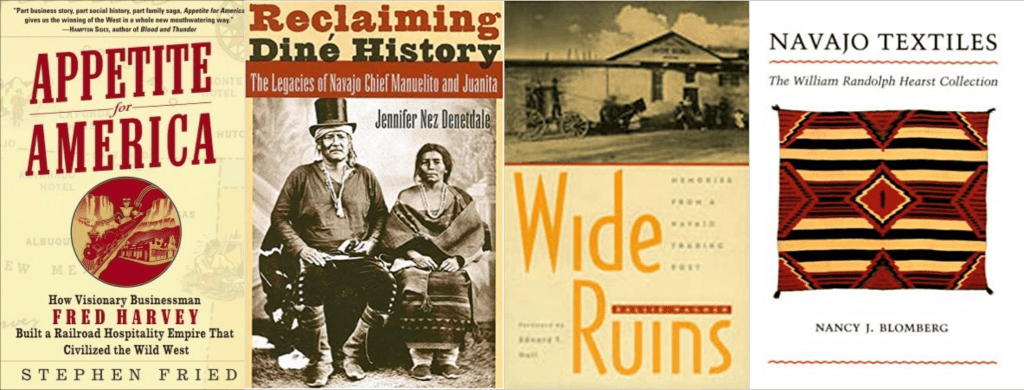



 In May 1972 the observatory’s planning team drafted a NSF grant application for the amount of $302,848. Several factors made approval of the grant unlikely. First, the UT team was not the only group requesting NSF money to travel to Africa for the eclipse. Second, the amount the team requested was unrealistic in the political and economic climate of 1972. The NSF requested $622 million in 1972, a record high, but the funding it received still didn’t compensate for inflation. Using 1972 dollars as a baseline, federal funding for academic research grew by an average of thirteen percent each year between 1953 and 1968, but zero percent for the period 1968 to 1974. Economic problems, social turmoil, and the ongoing war in Vietnam drove policymakers in Washington toward greater fiscal austerity. In 1971 scientists feared that the NSF was becoming more sensitive to federal politics than to their research needs. From June 1970 to March 1971 the NSF received 20,000 grant requests for a total amount of 2 million dollars. Of these, the Foundation approved fewer than 7000 grants and distributed only $320,000 to support new projects. In September 1972 Smith received a form letter from the NSF bearing the worst possible news: the Foundation had rejected the team’s grant application. Yet hope was not lost. The team scrambled to find other sources of funding and eventually received sizable grants from NATO and the National Geographic Society. They slashed their budget by trimming the expedition to its bare essentials, and submitted a new proposal to the NSF for $65,000. The University of Texas received notification of NSF approval on December 19, 1972. The McDonald expedition was officially a go.
In May 1972 the observatory’s planning team drafted a NSF grant application for the amount of $302,848. Several factors made approval of the grant unlikely. First, the UT team was not the only group requesting NSF money to travel to Africa for the eclipse. Second, the amount the team requested was unrealistic in the political and economic climate of 1972. The NSF requested $622 million in 1972, a record high, but the funding it received still didn’t compensate for inflation. Using 1972 dollars as a baseline, federal funding for academic research grew by an average of thirteen percent each year between 1953 and 1968, but zero percent for the period 1968 to 1974. Economic problems, social turmoil, and the ongoing war in Vietnam drove policymakers in Washington toward greater fiscal austerity. In 1971 scientists feared that the NSF was becoming more sensitive to federal politics than to their research needs. From June 1970 to March 1971 the NSF received 20,000 grant requests for a total amount of 2 million dollars. Of these, the Foundation approved fewer than 7000 grants and distributed only $320,000 to support new projects. In September 1972 Smith received a form letter from the NSF bearing the worst possible news: the Foundation had rejected the team’s grant application. Yet hope was not lost. The team scrambled to find other sources of funding and eventually received sizable grants from NATO and the National Geographic Society. They slashed their budget by trimming the expedition to its bare essentials, and submitted a new proposal to the NSF for $65,000. The University of Texas received notification of NSF approval on December 19, 1972. The McDonald expedition was officially a go.